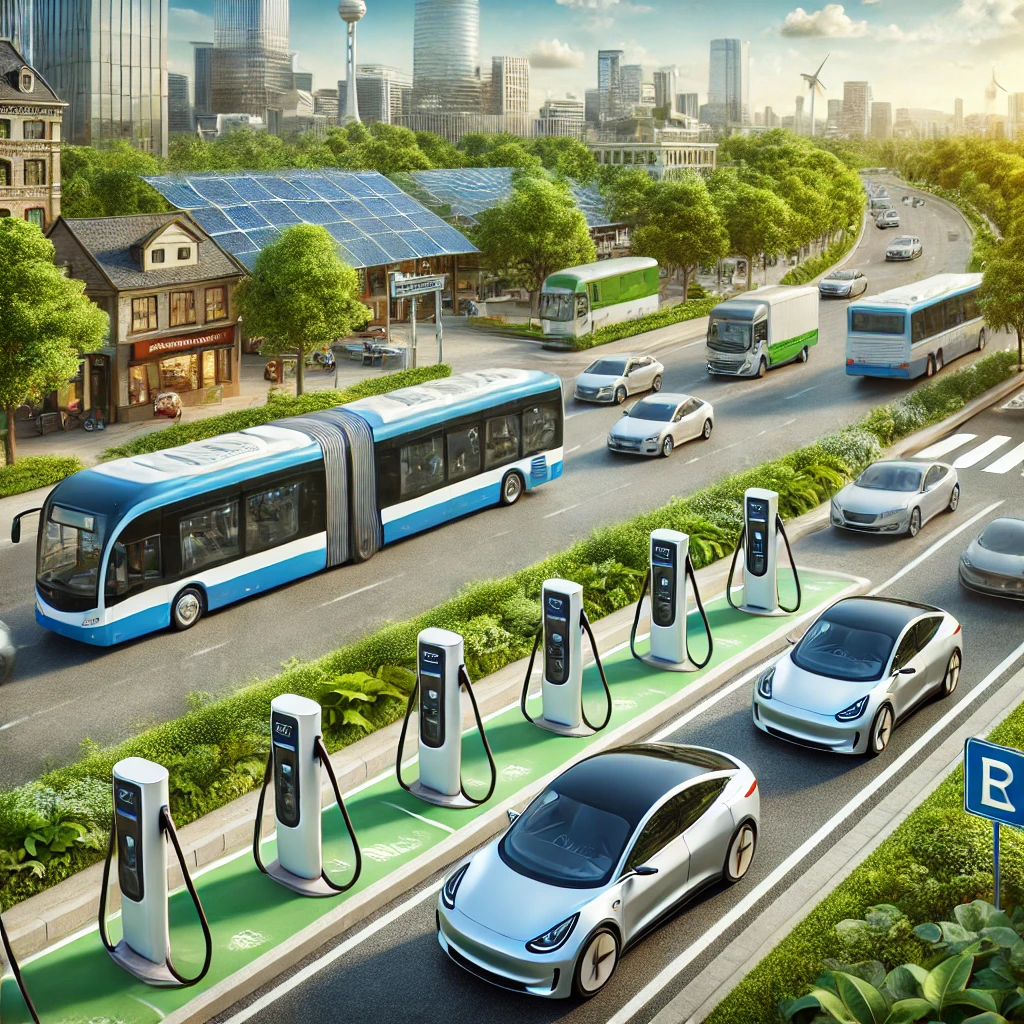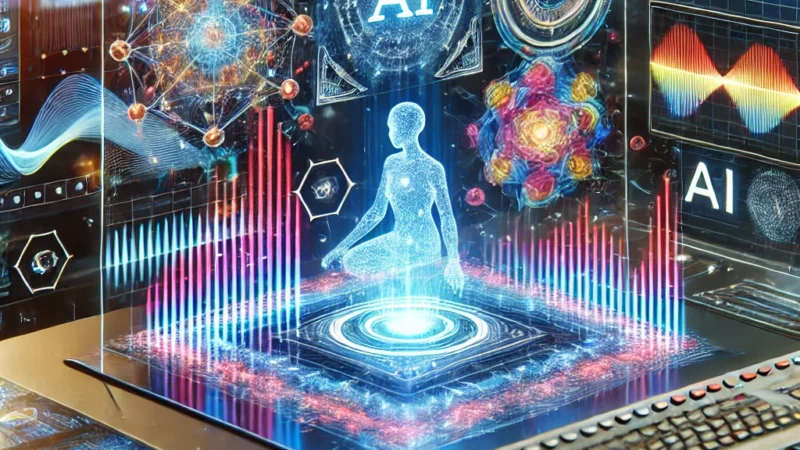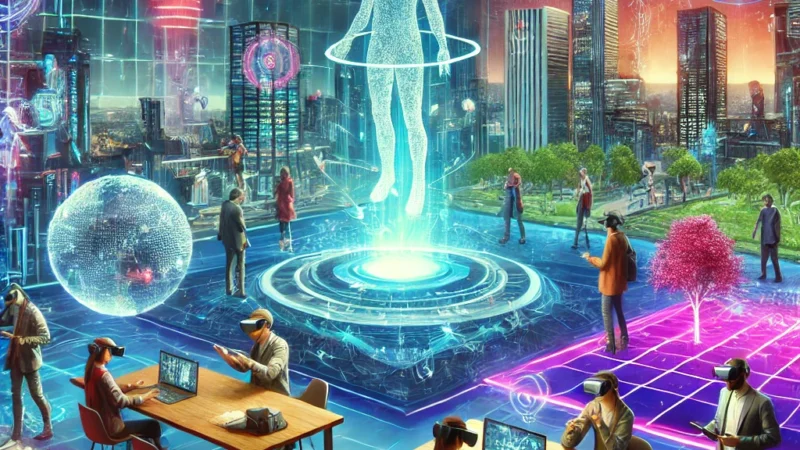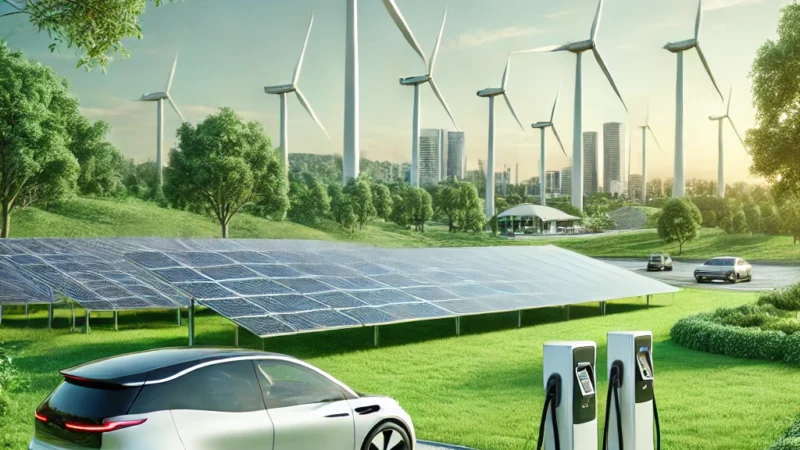The Future of Electric Vehicles (EVs)

The Future of Electric Vehicles (EVs) is set to revolutionize the transportation industry, driven by rapid advancements in technology, government support, and increasing environmental awareness. Here are some key trends shaping the future of EVs:
1. Battery Technology Advancements
- Solid-State Batteries: Promising higher energy density, faster charging, and improved safety over current lithium-ion batteries, solid-state technology could extend the range of EVs significantly.
- Faster Charging: Ultra-fast charging stations are being developed, reducing charging time from hours to minutes, making EVs more convenient for long-distance travel.
2. Autonomous Electric Vehicles
- Self-Driving EVs: With the integration of AI and machine learning, fully autonomous EVs are becoming a reality. Companies like Tesla, Waymo, and others are leading the way in developing self-driving technology, which could reshape urban mobility.
- Smart Cities: In the future, smart cities will integrate autonomous electric vehicles into public transport systems, reducing traffic congestion and improving energy efficiency.
3. Wireless Charging
- Dynamic Charging: In-road wireless charging systems are being tested, allowing EVs to charge while driving. This would eliminate the need for frequent stops at charging stations, making electric transportation more seamless.
- Inductive Charging Pads: These are being developed for home and public use, allowing vehicles to charge by parking over them without needing to plug in.
4. Expanded Charging Infrastructure
- Global Charging Networks: The expansion of fast-charging networks across cities and highways will make EVs more accessible, with charging points becoming as ubiquitous as fuel stations today.
- Renewable Energy Integration: Charging stations powered by solar and wind energy will further reduce the carbon footprint of EVs, pushing the world closer to sustainable transportation.
5. Cost Reduction and Mass Adoption
- Lower Manufacturing Costs: Advancements in manufacturing techniques and materials, along with economies of scale, will drive down the costs of EV production, making them more affordable to the general public.
- Increased Range: Future EVs are expected to have ranges comparable to, or even exceeding, those of traditional gasoline cars, making them more attractive for consumers.
6. Electric Commercial Vehicles and Public Transport
- Electric Buses and Trucks: Cities worldwide are already adopting electric buses for public transport, and companies are increasingly using electric trucks for logistics, which will reduce emissions in freight and public transportation sectors.
- Electric Planes and Ships: Research into electric aviation and marine transport is ongoing, and in the future, electric-powered ships and short-range flights could become a reality.
7. EVs and Sustainability
- Recycling Batteries: As the demand for EVs grows, efficient methods for recycling batteries will become crucial. Companies are working on ways to reuse and recycle EV batteries to reduce environmental impact.
- Second-Life Batteries: EV batteries that are no longer suitable for vehicles can be repurposed for energy storage systems, helping to stabilize grids and store renewable energy.
8. Government Support and Policy Changes
- Incentives and Subsidies: Many countries are providing subsidies for EV purchases, as well as tax incentives and rebates, to accelerate adoption.
- Phasing Out of Combustion Engines: Several countries have set future dates for banning the sale of new gasoline and diesel vehicles, pushing consumers towards EVs.
9. Innovation in Design and Features
- Lightweight Materials: The use of lightweight but strong materials like carbon fiber and advanced composites will increase the efficiency and range of EVs.
- Smart Features: EVs will integrate more smart features, such as AI-driven personalization, advanced safety systems, and enhanced infotainment options, providing a futuristic driving experience.
10. EVs and the Circular Economy
- Sustainable Production: Automakers are moving towards sourcing materials from sustainable and ethical sources, including using recycled materials in vehicle production.
- Energy Sharing: Vehicle-to-grid (V2G) technology will allow EVs to send excess electricity back to the grid, creating a two-way flow of energy that can support local power systems.
As the world moves towards cleaner and more sustainable energy solutions, electric vehicles will play a critical role in reducing emissions, reshaping mobility, and paving the way for a greener future.

neelam tyagi
Technical content writer with a master’s degree in Technology and a keen interest in Tech and Information Technology. She has over three years of experience in writing content for various online platforms, such as Boomi Techie, and Tech Mantra. She creates content that educates and empowers readers on topics such as AI, Tech News, and Innovations. She uses clear and concise language to explain complex tech concepts and terminologies.





